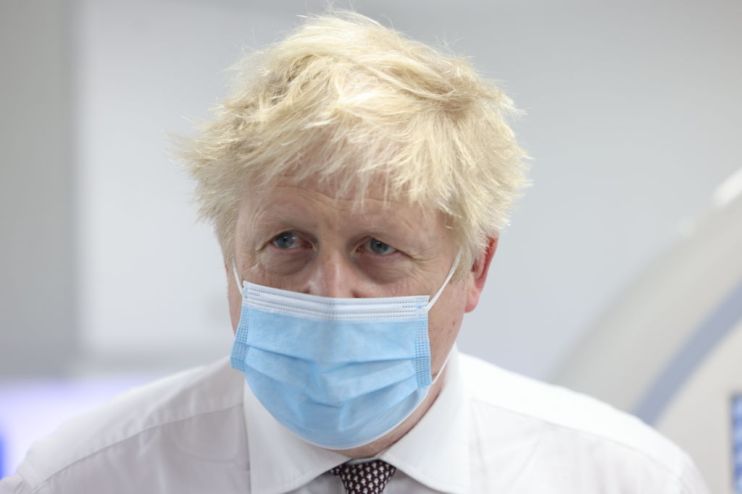Johnson denies ‘lying to parliament’ over Downing Street parties scandal

Boris Johnson has denied claims by Dominic Cummings that he “lied to parliament” last week when he said he thought a lockdown-breaking Downing Street party was a work event.
Johnson today said that “nobody told me and said that this was something that was against the rules”.
The Prime Minister last week all but admitted that his staff broke his own Covid rules with a boozy party on 20 May 2020, but maintained that he thought it was a “work event”.
Johnson attended the event Downing Street’s garden, along with 40 of his staff, for 25 minutes.
Cummings, Johnson’s former chief aide, last night said the Prime Minister “lied to parliament” as he was told the event was a party and that it should not go ahead.
Johnson denied the claims in a Sky News interview.
“I can tell you categorically that nobody told me and said that this was something that was against the rules, that it was a breach of the Covid rules or we were doing something that wasn’t a work event. Because, frankly … I can’t imagine why on earth it would have gone ahead or why it would have been allowed,” Johnson said.
“When I went out into that garden I thought I was attending a work event. I think it’s very important we see what Sue Gray, we see what the inquiry has to say.”
Cummings wrote on his Substack blog yesterday that the “events of 20 May alone” meant that he had “lied to parliament” – an offence that usually leads to resignations.
Cummings said: “Not only me, but other eyewitnesses who discussed this at the time, would swear under oath this is what happened.”
Deputy prime minister Dominic Raab told the BBC that any minister or Prime Minister who knowingly misleads parliament should resign.
“He would normally, if it’s not corrected, if it’s lying, and deliberate… if it’s not corrected immediately, it would normally, under the ministerial code and the governance around Parliament, be a resigning matter,” he said.
“That is the principle. We uphold the highest standards of principles in public life. That is critically important.”